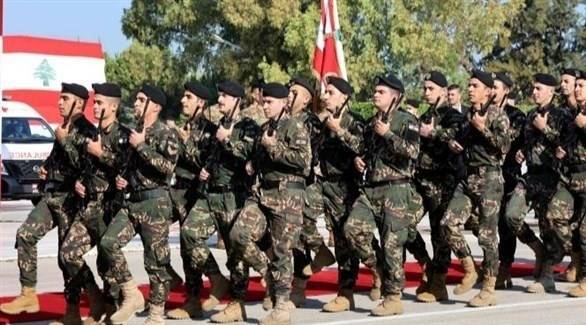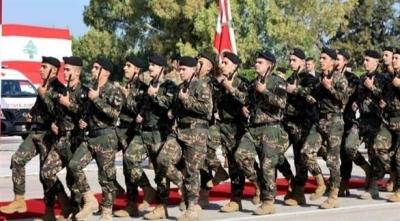The French newspaper "Le Monde" reviewed the repercussions of Lebanon's acute financial crisis on the military institution, which has seen its budget reduced to one-sixth, forcing service members to take up unrelated jobs to make a living, raising fears among Lebanon's partners of a slide into chaos. The army is tasked not only with border protection but also with counter-terrorism and anti-drug trafficking operations, and is viewed as a balancing force against Hezbollah.
In a field report, the newspaper noted that "Lebanese soldiers have had to work as taxi drivers, farmers, and in other jobs far from their military expertise to earn a living, while military leadership turns a blind eye to these solutions." The report included testimonies from soldiers and officers affected by the financial crisis, which has harmed their social conditions, particularly with the depreciation of the local currency against the dollar.
**Additional Work**
George (a pseudonym for a naval officer) told the newspaper that he "goes to work at Beirut Naval Base only three times a week, while spending most of his time doing household chores to cover his expenses. With the decline in the value of the lira against the dollar, his salary of 2.5 million lira is now equivalent to only 100 dollars, compared to 1700 dollars before the financial crisis in 2019."
George, a man in his fifties, struggles to support his two sons (aged 11 and 17) amidst rising electricity, water, and gasoline costs. He stated: "We live day by day. I owe 35 million Lebanese lira to the school because the army no longer covers 80% of the tuition fees as it used to. I don’t know how I will pay my eldest son's college enrollment fees next year. He wonders: who can afford 5 thousand dollars at this time?"
**Adjusting Schedules**
George pointed out that many of his fellow unit members are absent from their posts due to high gasoline prices, noting that their schedules have been adjusted since July.
The newspaper reported an anonymous military source saying, "A soldier earns between 60 and 70 dollars a month, and if he can find an additional job, we allow it, as we want to maintain our forces." The source added, "We have reduced their attendance at military centers from 22 days to 10 or 12 days a month, so they can take additional jobs and save on transport costs."
**A Real Problem**
In this context, Aram Nerguizian from the Carnegie Endowment explained that with the devaluation of the Lebanese lira, the Ministry of Defense's budget has decreased from 1.2 billion dollars in 2019 to 200 million dollars. This amount is no longer sufficient to provide a living wage for the 80,000 personnel of the Lebanese army or to maintain the social benefits they enjoyed.
The newspaper noted that the crisis has also affected the minutiae of the army's administration, including shortages of paperwork, administrative supplies, light bulbs, and spare parts necessary for equipment maintenance.
A Western military source commented, "This is a real problem. It will certainly have implications regarding the decreasing ability to carry out missions."
**Concerns Over Army Fragmentation**
The newspaper highlighted foreign partners' concerns regarding the potential fragmentation of Lebanon's only remaining institution that is still regarded as multi-confessional, apolitical, and uncorrupt, warning that its weakening threatens to push the country further into chaos.
It clarified that "the army, in addition to protecting borders, is tasked with counter-terrorism and drug trafficking operations, and is viewed as a counterbalance to Hezbollah."
The report quoted a retired general stating, "It is a complete system collapsing. We must act and find mechanisms that can provide soldiers with the necessary support," while warning that "the crisis could lead to the disintegration of the army's cohesion."




